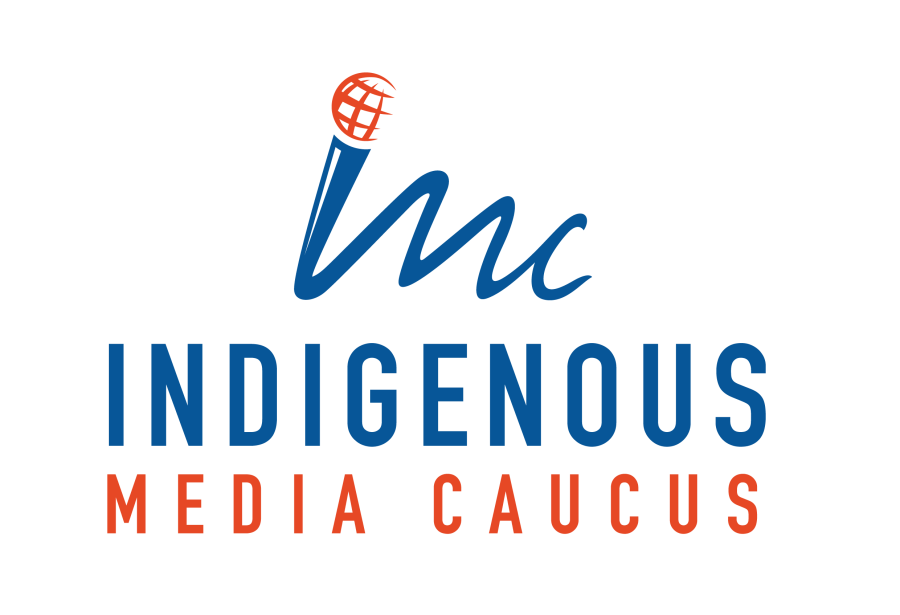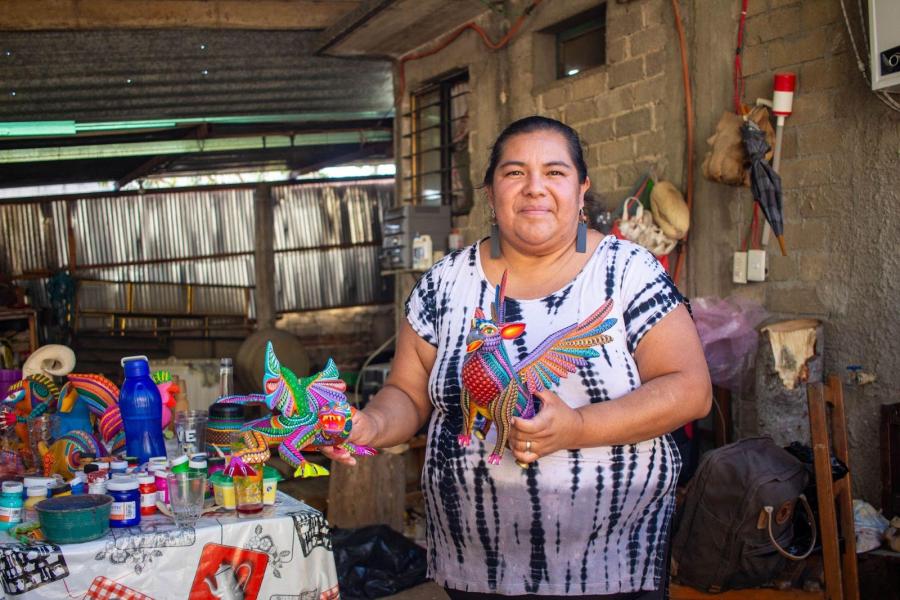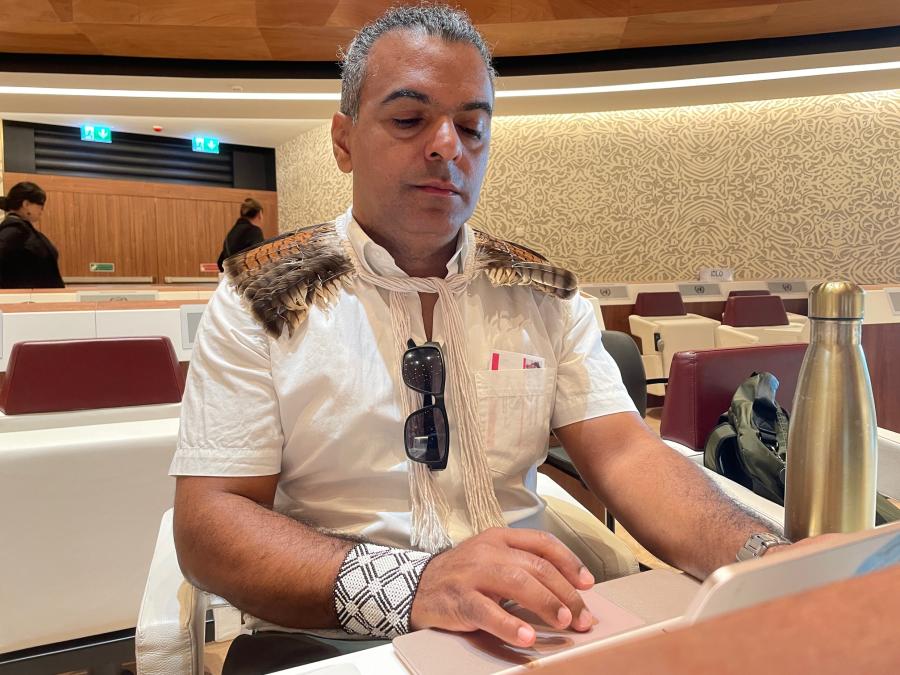Nearly 1,000 people came together in Geneva this summer to tackle the challenge of conflict resolution during the 22nd United Nations Working Group on Indigenous Populations.
“Conflict resolution for indigenous peoples means survival,” said Stella Tamang, of the South Asia Indigenous Women Forum. “It means our rights to survive with our visions, values, culture, language, wisdom, knowledge and of course our physical existence with our right to self determination in our land. Survival for us means peaceful coexistence with dignity, respect, justice and peace.”
During the meeting, which was held July 19 through July 23, Working Group participants distributed the first book written by indigenous peoples about the violent conflicts they face in their daily lives. The opening of a new institution coordinated and created by indigenous peoples to promote peace through visits to war-torn countries was also announced.
“There is a need to establish an Indigenous Peoples Conflict Resolution Commission. The current systems are quite inadequate and the role of indigenous peoples was marginal,” said Victoria Tauli–Corpuz of the Tebtebba Foundation. “The first meeting of the commission will be a fact-finding mission to Colombia. The situation of indigenous peoples there has worsened through the years. They have suffered and continue to suffer.”
The commission is meant to make sure those indigenous people directly affected by violence can participate in the mechanisms of conflict resolution, with indigenous peoples at the core. “Many post-conflict programs have been failures because the U.N. agencies are not central,” Tauli-Corpuz said. “It is [non-indigenous] experts that do post-conflict work, but we think indigenous peoples are the best experts.”
Working Group participants also pointed out historical causes of current violence. “Someone in Europe drawing lines on maps is a cause of a great deal of the conflicts today,” said Kenneth Deer, co-chair of the Indigenous Peoples Caucus. “Indigenous peoples were never invited to the conferences and indigenous peoples were never respected or even recognized. This is where it all started.”
For the second year, sessions were held to allow indigenous people direct input into the Working Group’s final report to the U.N. Sub-Commission on the Promotion and Protection of Human Rights. Indigenous peoples met with the chair and secretariat of the Working Group to suggest specific language, particularly recommendations based on their own community experience and collective regional perspectives developed during the week.
The Working Group also launched a new working method that allows indigenous peoples’ organizations to co-author reports with Working Group members. This procedure allows indigenous peoples to not only comment, but also to frame the focus of the final paper that is presented to the Working Group.
Since Cayuga Chief Deskaheh, the leader of the Iroquois Confederacy, visited the League of Nations in 1923, the aspirations of indigenous peoples in the international arena have been to prevent conflicts and find positive, peaceful resolutions. Indigenous peoples recognize the Working Group as playing this role.
In the final moments of the last day of the session, it was announced that the Economic and Social Council, meeting simultaneously in New York City, had unanimously recommended to the U.N. General Assembly that it declare a second International Decade for the World’s Indigenous Peoples.
“I think this is something that should bring joy to us because it does reflect the majority view expressed,” said Working Group member Miguel Alfonso Martinez after reading the announcement. “The General Assembly will begin making decisions in December that should encourage us in our work.”
The 2005 session of the Working Group is scheduled to focus on the domestic and international protection of indigenous traditional knowledge.
Joshua Cooper is the executive director of the Hawaii Institute for Human Rights, and a lecturer at the University of Hawaii and the International Training Center for Teaching Peace and Human Rights in Geneva.



